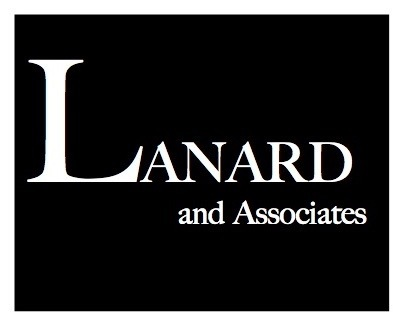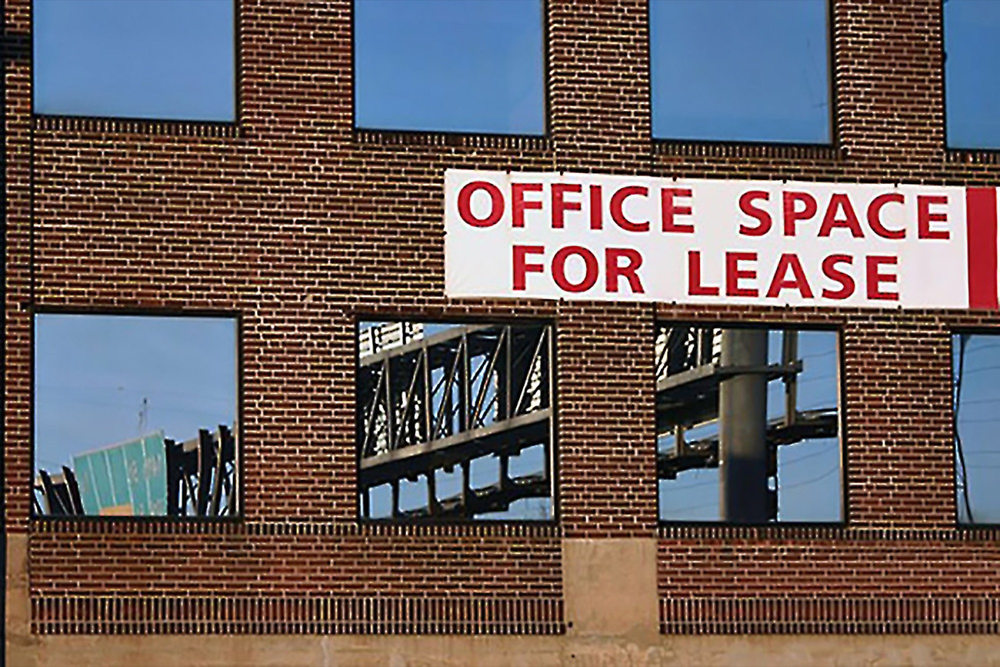Five Frequently Negotiated Lease Terms

Nancy Lanard is President and Senior Partner of Lanard and Associates, P.C

Award winning business & franchise expertise. She is a magna cum laude graduate of the University of Pennsylvania, having graduated in three years with a Bachelor of Arts degree in Spanish, obtained her Masters of Science degree in Education the following year, with honors and then subsequently graduated with a Juris Doctor degree from Villanova University School of Law in the top ten percent of her class and on the Law Review.
Introduction
The commercial lease can have a significant impact on the performance of a franchised business. Among other things, lease costs, restrictions on the tenant’s business, and the rights and uses that are specified in the lease can affect whether the business will be successful or not at a particular location. In this article, we discuss five frequently negotiated lease terms and offer strategies for approaching these terms from the perspective of the tenant/franchisee looking for a retail location.
1.Personal Guaranty
The personal guaranty is often a hot-button issue in commercial lease negotiations. Having been burned badly during the recession, and having their own lenders to whom they must answer, landlords prefer strong personal guarantees. However, negotiation by tenant’s counsel to limit guarantees is still imperative. For example, a tenant may attempt to limit the personal guaranty to no greater than twelve months of rent(or less, if the landlord will agree) that lasts through only the initial term of the lease (or only the first several years of the lease) . This means that the personal guarantor will only be liable for at most twelve months of future rent and additional rent (taxes, insurance and operating expenses) plus all past rent due. In order to have the most leverage in the negotiation of the personal guaranty, the tenant should address the topic at the pre-lease stage, during its negotiation of the letter of intent (“LOI”). LOIs are non-binding but landlords typically remain faithful to their terms through a lease negotiation, and they expect the same from the tenant. Sometimes, tenants will sign an LOI before they have retained counsel. While landlords may be quite reluctant to reopen the negotiations on the guaranty, tenant counsel can attempt to revisit the issue by explaining that the tenant did not have a full understanding of the implications of the personal guaranty.
2. Release Upon Assignment
Since the recession of 2008-2010, landlords have commonly required the original guarantors of a lease to remain jointly and severally liable (meaning they are liable equally with the tenant and may be called upon to step in an make payment before enforcing the tenant to make payment, and each guarantor is fully liable, not partially liable) for the tenant’s performance under the lease even after the business has been sold and the lease assigned to a new tenant. This means that the guarantor[s] may be guaranteeing the rent obligations of the buyer of their business. In strong economies this can be a tough term to eliminate. Many times it can be negotiated if the sale of the business is to the franchisor or another franchisee of the system who has a similar or stronger net worth than the prior guarantor.
3. Relocation
In shopping centers, landlords will often want flexibility in moving a tenant to another location to accommodate another prospective tenant. This can be highly detrimental to a tenant’s business. It is important to try to either eliminate landlord’s right to relocate completely, or limit the landlord’s rights. Limitations can include, for example, (i) the times of year or days of the week; (ii) designating certain areas within the center as permissible areas for relocation; (iii) ensuring that landlord pay all costs associated with the relocation, including ancillary costs; and (iv) limiting the time it takes for the relocation to minimize the impact on tenant’s business. Of course, all rent should cease during any relocation period and when the tenant is closed for business.

4. Operating Expenses
Most retail leases are “triple net” leases. This means that the tenant pays their prorated share of the taxes, insurance and operating expenses of the shopping center. However, what is included in the operating expenses that are paid by tenant? This is a highly negotiable item. In the negotiations of a retail lease handled by Lanard and Associates’ attorneys, we always start with negotiating 28 exclusions from the charges to be included in the operating expenses that are passed through to the tenant such as capital expenditures of the landlord, costs to repair damages caused by other tenants, interest or penalties landlord is charged due to landlord’s late payments of its expenses, etc., should not be passed through to the tenant.
5. Maintenance Obligations
Defining whether the tenant or the landlord is responsible for maintaining and repairing the premises is critical in the lease. The heating, ventilation and air conditioning (HVAC) maintenance and repair (or replacement) is very important to define since the costs to repair or replace it can be thousands of dollars. A retail tenant should always ensure that the HVAC system is in good working order and has been maintained properly throughout the life of the unit. Tenant should try to negotiate a representation and warranty on the HVAC system from the landlord. Additionally, the tenant should make sure that the landlord is responsible for all plumbing and sewage lines that enter the premises.

Conclusion
These are the first five of the ten clauses I believe to be the most important to negotiate in a retail lease. For additional clauses please refer to my published article on this topic: American Bar Association The Franchise Lawyer Article by Nancy Lanard.
If you would like to review franchises that align with your goals please click on the link to schedule a casual call:






